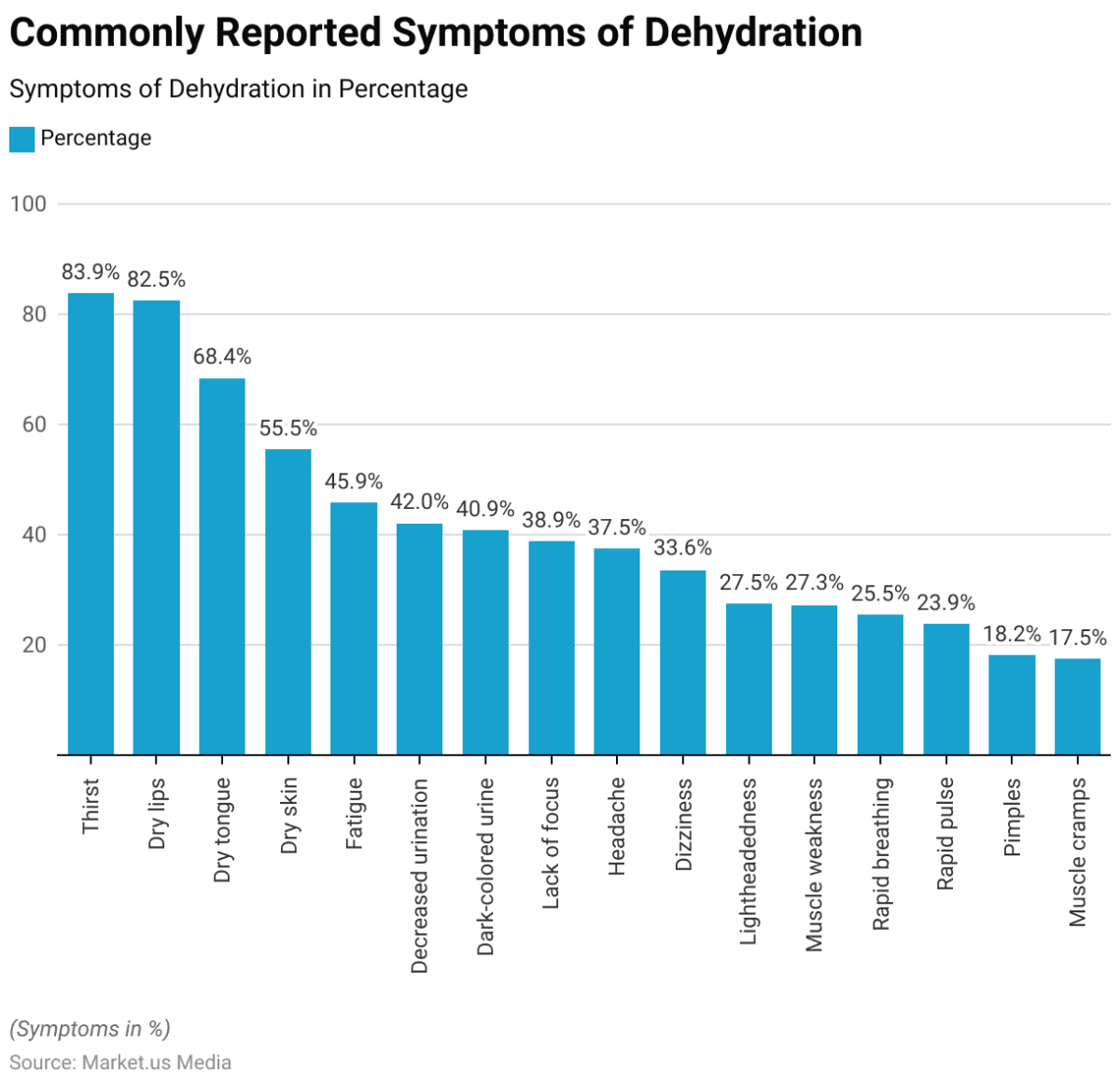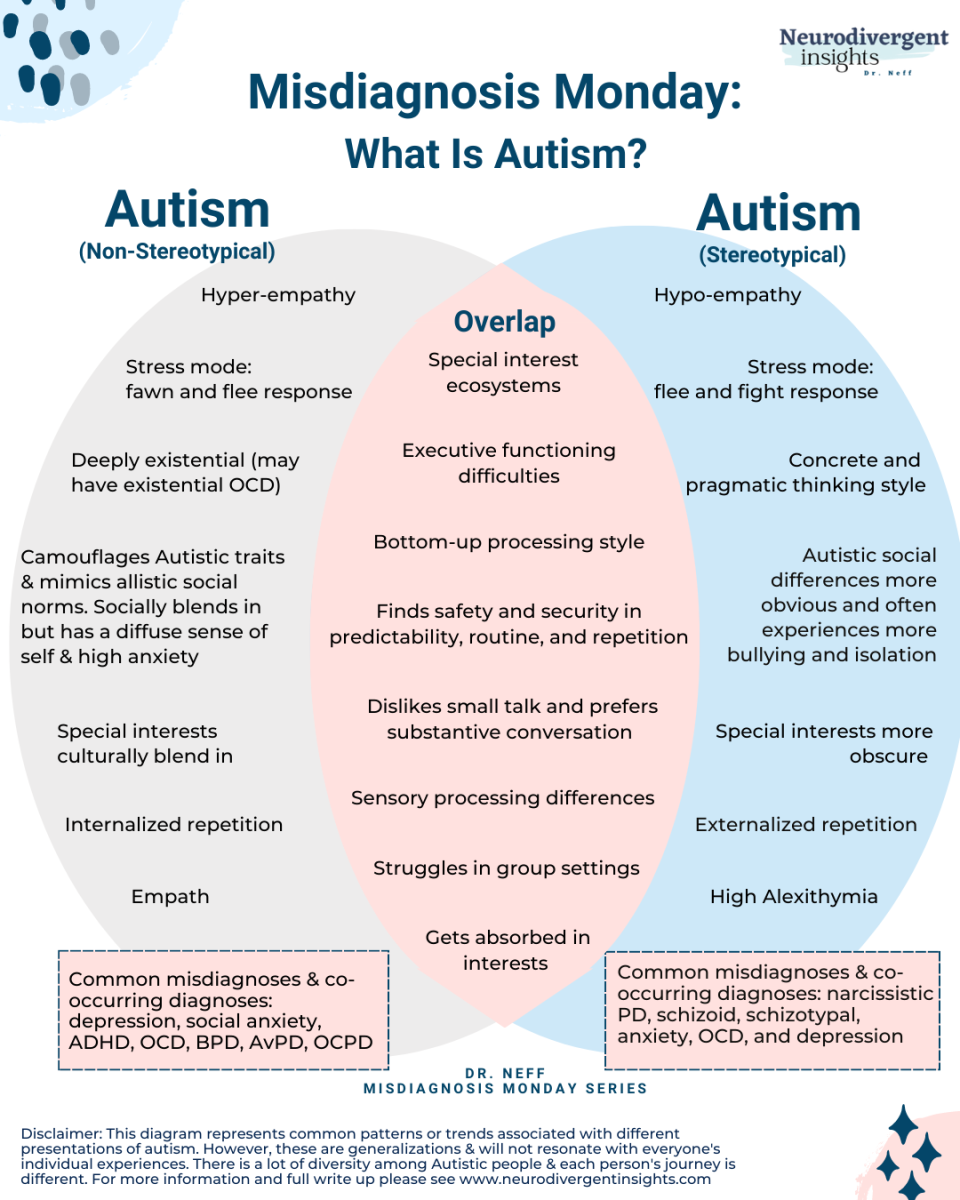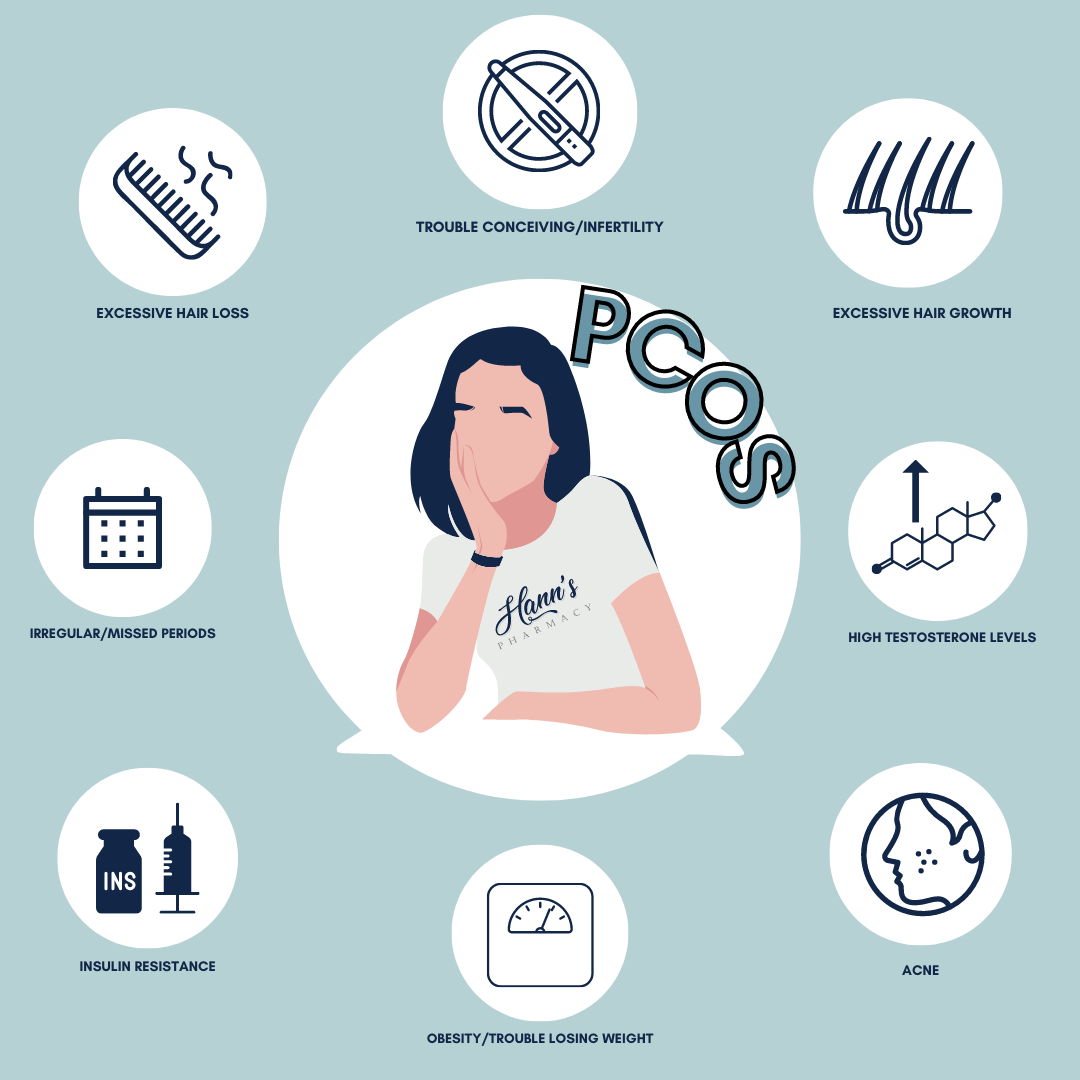A hot day in the sun, hours spent swimming, or a night battling stomach flu all share a common outcome: these events significantly increase the risk of dehydration. The human body is a marvelous tool that lets us know when something is out of order. If an individual lacks proper fluid intake, they may have a quench for liquids, take on a headache, or experience a dry mouth or dizziness. These symptoms are often short-term warning signs of dehydration, but long-term dehydration is much more severe, especially when many people do not notice their fluid intake is insufficient. Consistently consuming less than the suggested amount of water each day based on one’s body weight and activity level can lead to experiencing a rapid heart rate or intensified breathing, cold hands and feet, irritability, confusion and sunken eyes. A handful of these symptoms often overlap with those of anemia and anxiety or, in extreme cases, hypothyroidism– causing much medical confusion before individuals receive proper treatment.
The standard that eight cups of water (64 oz.) a day should suffice may benefit from some modern revisions. This incorrect statistic causes 75% of Americans to be chronically dehydrated, according to the Lay Press. The Mayo Clinic suggests that men drink around 15.5 cups of water daily (124 oz.), and women should consume 11.5 cups (92 oz.). To find a more accurate calculation, experts advise individuals to drink between half an ounce and an ounce of water for every pound of body weight. It is critical to also stress the importance of sodium and electrolyte intake in correlation with fluid intake, as the loss of body water without sodium causes immense dehydration.
Young adults experiencing symptoms such as inattention, fatigue, decreased alertness, headaches, acne, inflammation and muscle pain may be experiencing fluid deficiency. Symptoms of consistent dehydration go hand in hand with the physical symptoms of depression and anxiety. A hydration imbalance can further aggravate the low serotonin levels commonly seen in individuals with poor mental health. According to Abbott Nutrition News, insufficient water disrupts various physiological processes that regulate mood and brain function. In addition, many people experience a diminished thirst response during colder months. Despite not feeling thirsty, cells still use the same amount of water inside the body regardless of the weather, which can lead to dehydration. There is a notable connection between seasonal depression and dehydration. When the body’s thirst response decreases, it results in diminished hydration levels, impairing the circulation of essential nutrients and disrupting bodily functions. This lack of proper hydration can exacerbate the symptoms of depression, making individuals more susceptible to feelings of fatigue, irritability and sadness often associated with seasonal affective disorder.
Along with adults, many children experience insufficient hydration. Young children are often very active but may not constantly replenish their water intake after physical activity. In some cases, it may be seen as disruptive when elementary school students need to use the restroom frequently, which can discourage them from staying hydrated. This can lead to dehydration, as some children may avoid using the restroom to prevent drawing attention.
Healthcare fields, especially among older generations, often overlook the impact of dehydration. Because dehydration can lead to the larger medical complication of strokes, symptoms from being fluid deficient are similar to those of strokes; dehydration causes blood to thicken and thick blood has trouble flowing through veins–according to a Manhattan Integrative Cardiovascular study. This misdiagnosis or the absence of a holistic approach increases the risk of death due to dehydration.
Chronic dehydration not only leaves an individual feeling thirsty but also increases the risk of urinary tract infections, kidney stones, decreased cognitive function, poor physical coordination, fatigue and dizziness. While dehydration is a serious concern that can lead to long-term medical conditions, it’s important to note that it may also be overdiagnosed in some cases. This can lead to misdiagnosis of other underlying conditions and potentially unnecessary fluid treatments. Accurate assessment of hydration status is crucial for proper patient care.
Dehydration is a silent yet hazardous condition that can have drastic consequences, ranging from impaired mental clarity to physical health risks. The reality is that many people, old and young, are not drinking enough liquids to support their cells’ use of water–especially given an individual’s activity levels and economic status. Dehydration is not always the result of individual choices. Many low-income households tend to have lower fluid consumption due to high water bills, which cause financial strain, lack of access to clean water and limited education on proper hydration. These factors combine to create an environment where consistent access to and consumption of water may not always be feasible.
Understanding the signs of dehydration and adjusting an individual’s fluid intake according to their body weight is a simple yet powerful step toward better health. A conscious effort to prioritize water intake while balancing proper sodium levels can be a game-changer for physical and mental health. In a world where so many factors are out of control, ensuring our bodies are properly hydrated is one of the simplest yet most impactful choices we can make.









